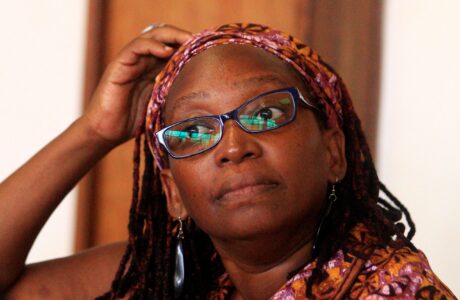Policing Women’s Conduct
Unjust and outdated “morality crimes,” such as adultery, “indecent” conduct and sex outside of marriage are used to punish and silence women and girls and control their behavior in a way not experienced by men and boys. These so-called “crimes” are also levelled against women’s rights activists for daring to speak up. In Iran, protesters led by women and girls, have shown incredible bravery in their resolve to secure basic human rights, only to be met be violence and oppression. In Egypt, young women have been prosecuted for dancing on social media.
News
Read moreReports
View more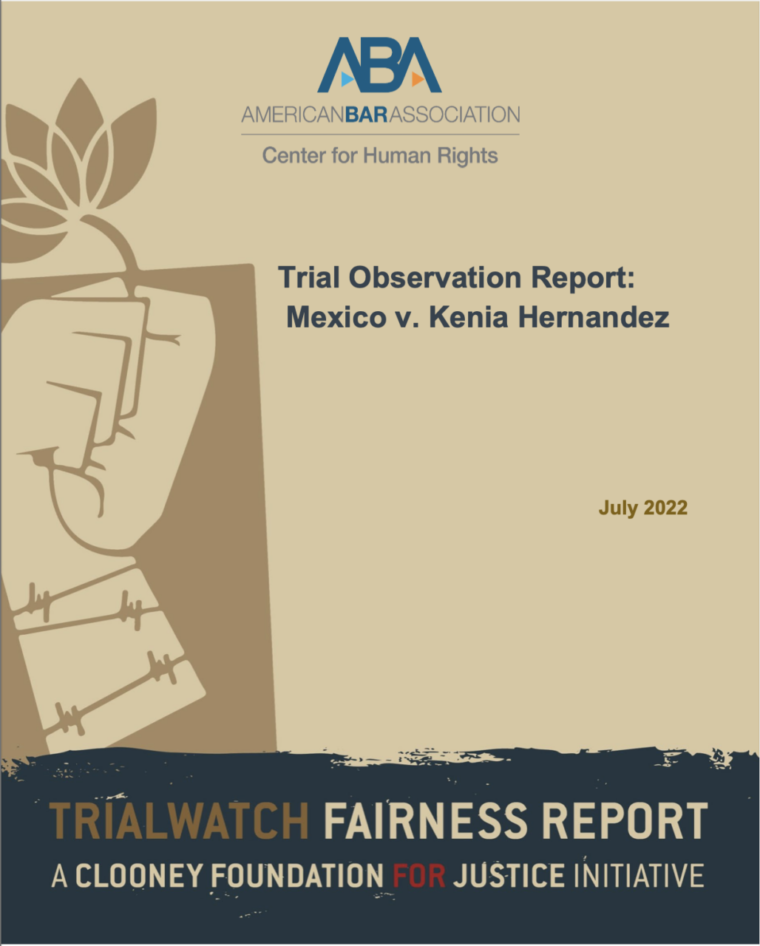
Mexico v. Kenia Hernandez
Document
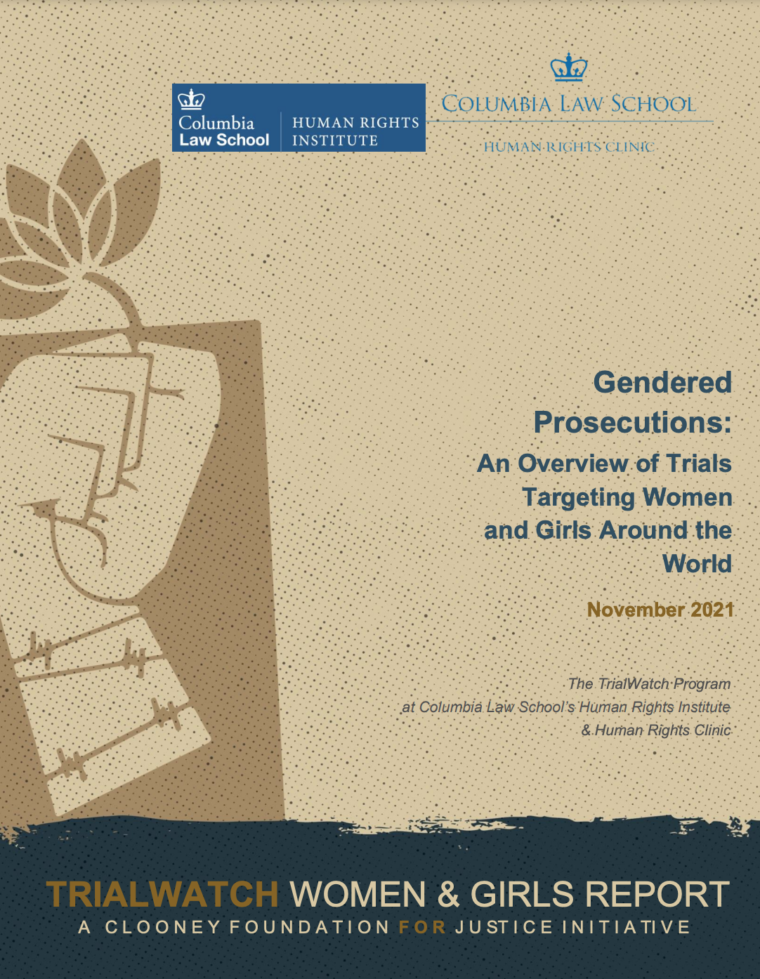
Gendered Prosecutions: An Overview of Trials Targeting Women and Girls Around the World
Document
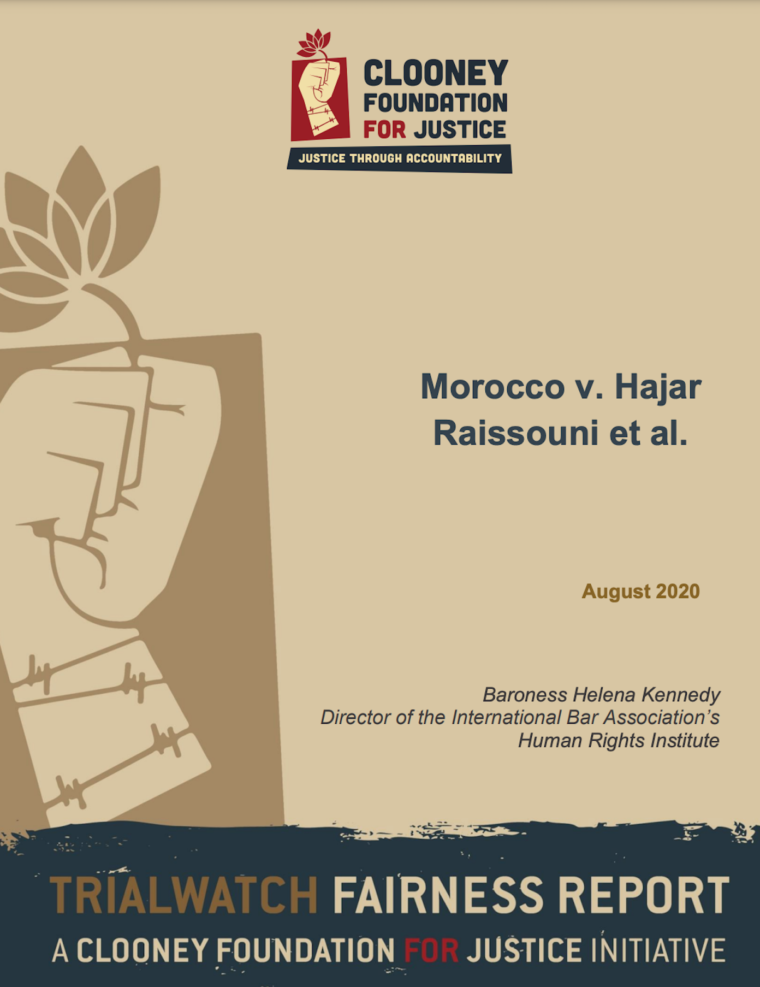
Morocco v. Hajar Raissouni et al.
Document
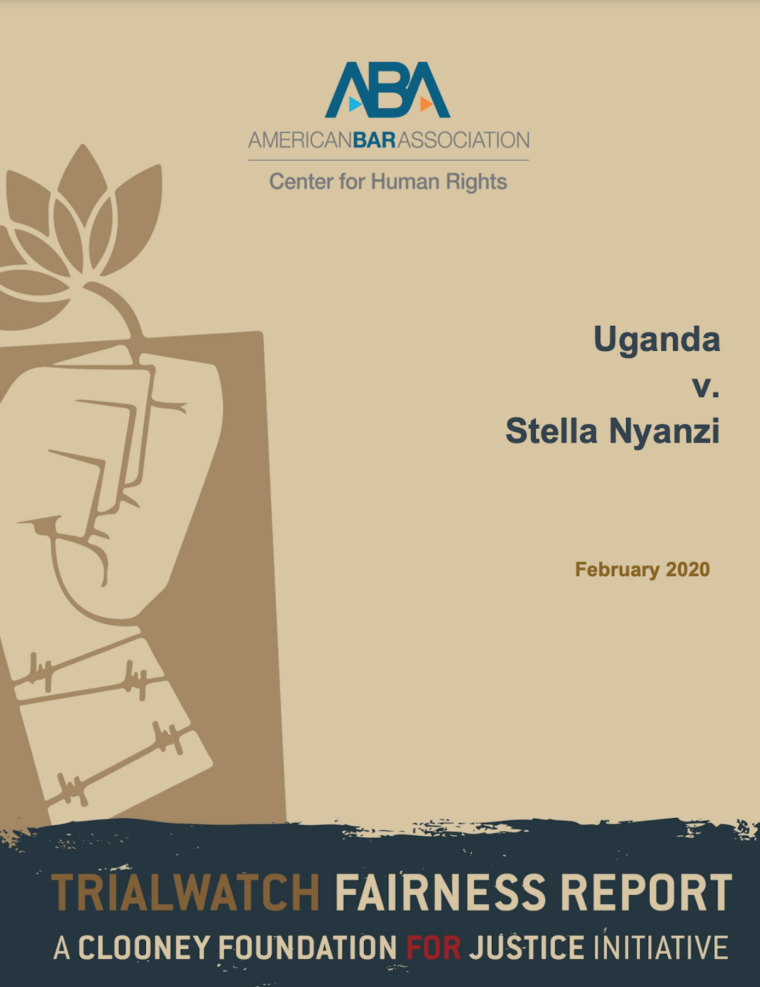
Uganda v. Stella Nyanzi
Document
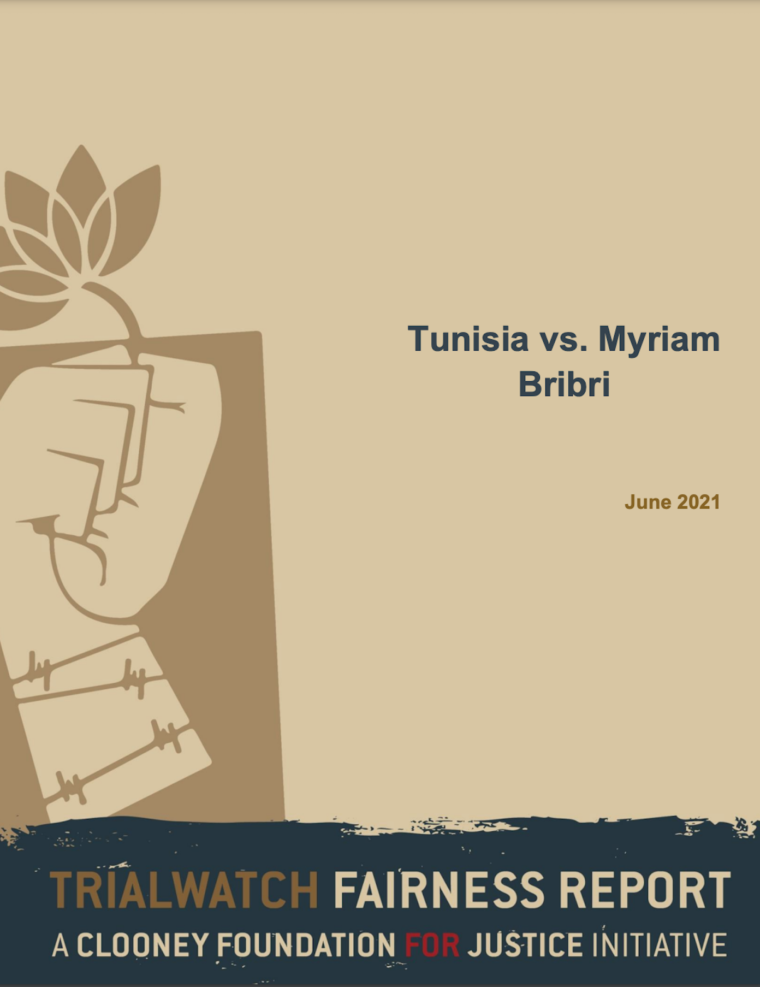
Tunisia vs. Myriam Bribri
Document
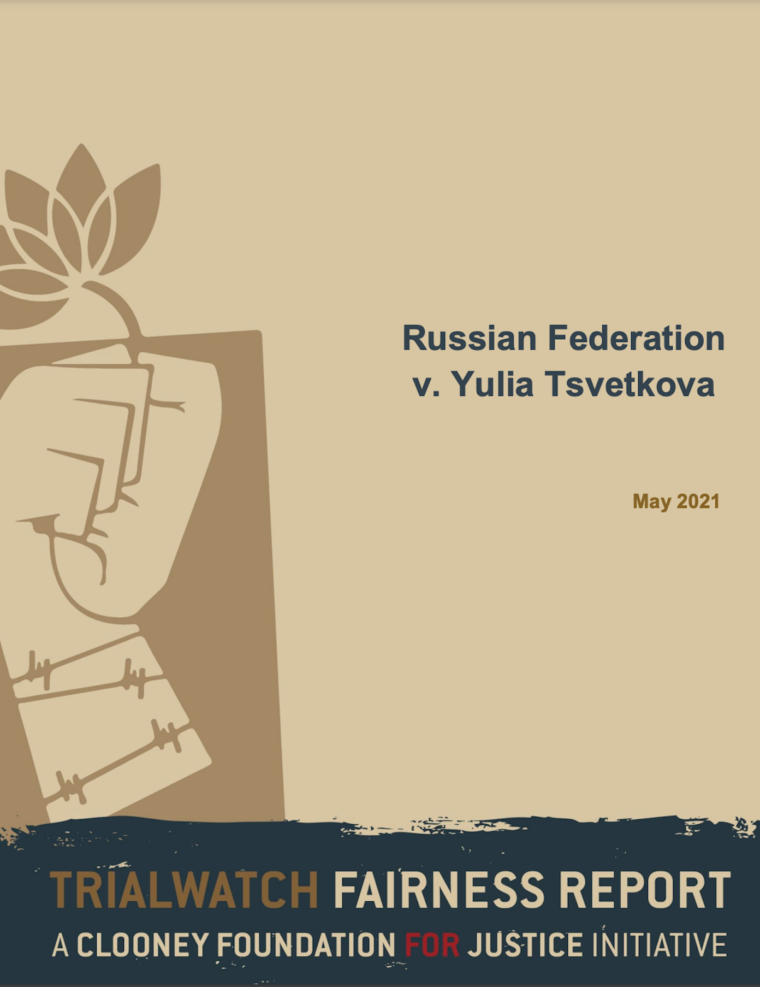
Russian Federation v. Yulia Tsvetkova
Document









